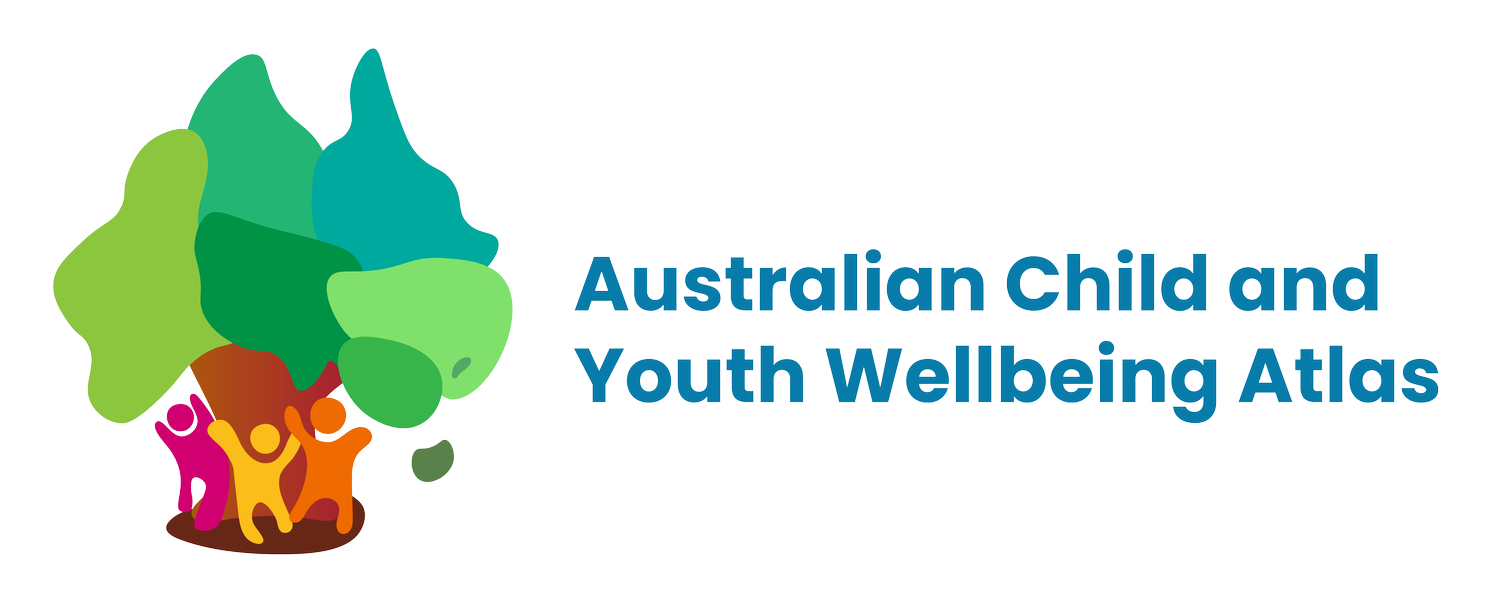Participation
-
Indicators
Adults listening to young people (Growing Up in Queensland Survey)
Belonging in community
Community has fun places
Policy context
Feeling connected to community and culture is critical for children and young people as it encourages a sense of belonging, a positive sense of identity and the development of respectful and responsive relationships.¹ʼ²
Connection to community is also related to children and young people’s participation in their own lives and in the broader community. It increases their understanding of their rights and responsibilities and strengthens their interest and skills in becoming active contributors to their world.³
Children and young people should have their voices heard and be actively involved in decisions affecting their lives. Experiencing a level of autonomy and having a voice are important developmental aspects for children and young people in all areas of their life including at home, at school and in their community.
Findings from the Growing Up in Queensland survey highlight that young people value opportunities for recreation, connection, and having their voices heard, particularly in decisions around education, mental health, and environmental protection. While many young Queenslanders expressed hope and positivity about their futures, those experiencing emotional or mental health issues reported feeling less safe and less connected to their communities⁴.
References
Noble-Carr D et al 2014, Improving practice: The importance of connections in establishing positive identity and meaning in the lives of vulnerable young people, Children and Youth Services Review, Vol 47, No 3. Cited in: Commissioner for Children and Young People WA, Indicators of Wellbeing, Connection to community, culture and support [cited 2023 September 19]. Available at: https://www.ccyp.wa.gov.au/our-work/indicators-of-wellbeing/age-group-12-to-17-years/connection-to-community-culture-and-support/
Lenzi M et al 2013, Neighborhood social connectedness and adolescent civic engagement: An integrative model, Journal of Environmental Psychology, Vol 34. Cited in: Commissioner for Children and Young People WA, Indicators of Wellbeing, Connection to community, culture and support [cited 2023 September 19]. Available at: https://www.ccyp.wa.gov.au/our-work/indicators-of-wellbeing/age-group-12-to-17-years/connection-to-community-culture-and-support/
Ibid.
Queensland Government. Queensland Family & Commission. Voices of Hope Growing Up in Queensland 2020. [Cited 2025 June 24] Available from: https://www.qfcc.qld.gov.au/sites/default/files/2022-06/GUIQ%20report_2020_Digital.pdf
-
Indicators
Young people doing unpaid voluntary work
Policy context
Young people’s involvement in volunteering is an important wellbeing indicator as it provides many benefits for young people such as fostering selflessness and confidence, offering diverse experiences, building connections, increasing community involvement and forming friendships.¹
Volunteering is one way for children and young people to develop their prosocial skills as it provides the opportunity to care for others, show kindness and learn to take on others' perspectives.² Recent study findings from the Longitudinal Study of Australian Children also indicate that having a positive connection to the community through volunteering can be a strong prevention against mental ill health.³
References
Creative Volunteer, 10 Reasons Every Teen Should Volunteer [website] [cited 2023 September 19]. Available at: https://www.volunteer-opportunities.org/10-reasons-every-teen-should-volunteer/
Rowland B and Evans-Whipp T 2023, Prosocial behaviours and the positive impact on mental health. Snapshot series – Issue 9 [cited 2023 September 19]. Available at: https://growingupinaustralia.gov.au/sites/default/files/publication-documents/lsac-snapshot-9-prosocial-behaviours-and-mental-health.pdf
Ibid.
-
Indicators
Number and proportion enrolled
Policy context
Participation of young people in formal political processes is critical because only if all parts of society are included, the political system is representative. When young people are disengaged or disinterested in political affairs, a substantial portion of the population lacks a voice in decisions that directly impact their lives. This fundamentally undermines the representativeness of political systems.¹
To effect lasting change, it is vital for young people to actively participate in formal political processes and contribute to shaping both current and future politics. Inclusive political participation is not only a fundamental democratic right but also crucial to building stable and peaceful societies and developing policies that address the unique needs of younger generations.²
References
The ACE Electoral Knowledge Network, The importance of youth participation in formal political processes [website] [cited 2023 September 19]. Available at: https://aceproject.org/ace-en/topics/yt/yt10/yt210/the-importance-of-youth-participation-in-formal
Ibid.
